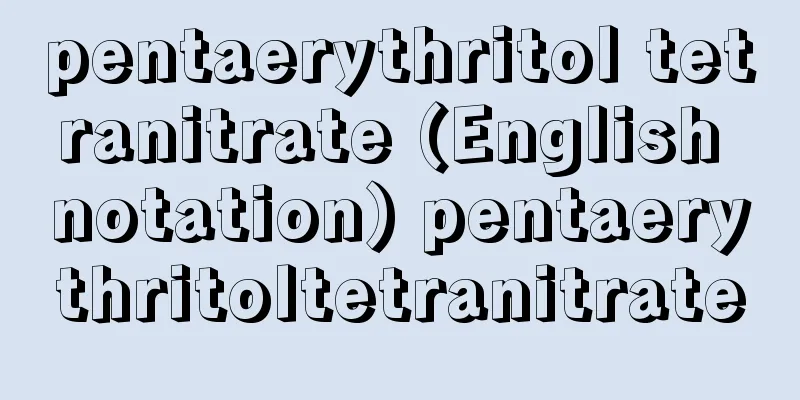Psychology - Geisteswissenschaften German

|
In contrast to natural science, it refers to the sciences that study human phenomena such as history, culture, and society. It was formed and used as a term in Germany mainly from the 19th century onwards, by combining various academic theories from ancient Greece with German idealism and the tradition of spiritual philosophy. Although the content is almost the same as today's social sciences and humanities, it was Dilthey who clarified the concept of spiritual science, which is sometimes called historical science or cultural science, and established its methodological foundation. He defined it as "a science that deals with historical and social reality" and "an empirical science of spiritual phenomena", and argued that while natural science "explains" physical phenomena causally and hypothetically, spiritual science recognizes the spiritual world through its own unique method. In other words, the task of spiritual science is to conceptually grasp the structural and semantic connections of life by describing and analyzing "experience" and, more universally, "understanding" and "interpreting" "expression", which is the objective state of spiritual life. [Yoshiyuki Ito] "Dilthey, Translated by Eiichi Yamamoto and Takeshi Ueda, Introduction to the Science of Mind, Volumes 1 and 2 (1979, 81, Ibunsha)" [Reference] |Source: Shogakukan Encyclopedia Nipponica About Encyclopedia Nipponica Information | Legend |
|
自然科学に対して、歴史、文化、社会などの人間的事象を研究する諸科学を意味し、ドイツにおいて主として19世紀以降、古代ギリシア以来のさまざまな学問論とドイツ観念論、ないし精神哲学の伝統とが結び付くことによって、術語として形成・使用された。内容的にはほぼ今日の社会科学や人文科学にあたるが、ときとして歴史科学あるいは文化科学ともよばれた精神科学の概念を明確化し、その方法論的基礎づけを確立したのはとりわけディルタイである。彼はそれを「歴史的社会的現実を対象とする科学」「精神的諸現象の経験科学」と規定し、自然科学が物理的現象を因果的、仮説的に「説明」するのに対して、それは独自の固有な方法によって精神的世界を認識すると説く。すなわち「体験」を記述分析し、さらにいっそう普遍的に精神的生の客観態である「表現」を「理解」「解釈」することによって、生の構造連関、意味連関を概念的に把握することが、精神科学の課題とされるのである。 [伊東祐之] 『ディルタイ著、山本英一・上田武訳『精神科学序説』上下(1979、81・以文社)』 [参照項目] |出典 小学館 日本大百科全書(ニッポニカ)日本大百科全書(ニッポニカ)について 情報 | 凡例 |
<<: Psychiatric expert testimony
>>: Mental hygiene; mental health
Recommend
Harlequin
…The use of this term can be seen from the first ...
Reinhardt, A.
...Abstract Expressionism, which emerged in New Y...
Linoleum (English spelling)
Indoor flooring material. Linoleum cement is made ...
Vitruvius - Marcus Vitruvius Pollio
Date of birth and death unknown. Roman architect ...
Central cone - Chuo ka kokyu
This refers to a relatively small volcano that fo...
Semper - Gottfried Semper
German architect and architectural theorist. Born...
Antep - Antep
...Population: 716,000 (1994). Formerly called Ay...
Mojuro Uchida - Mojuro Uchida
…Water fees were called mizugin, and were collect...
Nāṣer al‐Din Shāh
1831‐96 The fourth Shah of the Qajar dynasty. Reig...
Bullfrog - Bullfrog (English spelling)
A frog of the family Ranidae in the order Anura i...
Ebino [City] - Ebino
A city in western Miyazaki Prefecture. It was inco...
Haller, Albrecht von
Born: October 16, 1708, Bern Died December 12, 177...
Ron
French female pianist. Born in Nîmes in the south ...
Wada [town] - Wada
A former town in Awa District, southern Chiba Pref...
Grallinidae
…Both males and females sing well and also sing d...


![Hara [village] - Hara](/upload/images/67cc8ecf6960c.webp)






